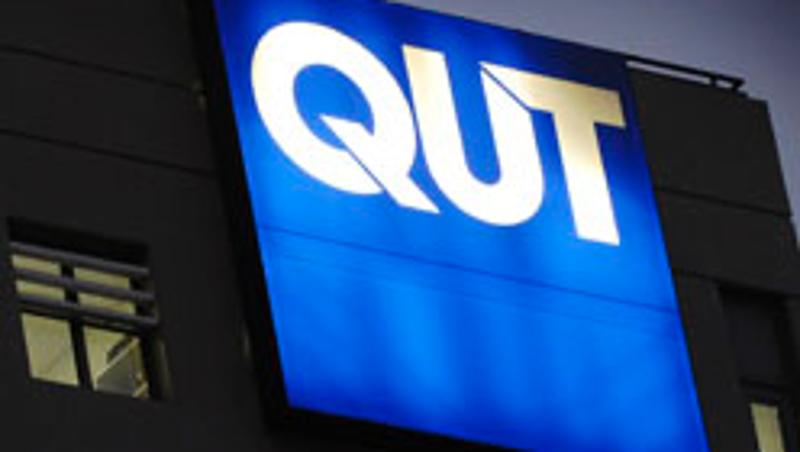
Football teams in the knockout stage of the FIFA World Cup should trust their youngest players with the pressure of a penalty shoot-out, Queensland University of Technology research reveals.
The age of the penalty taker and the importance of the shot during the shootout had the biggest impact on scoring or missing, Dr David Savage and Professor Benno Torgler, from the QUT Business School, found.
For Nerves of Steel? Stress, work performance and elite athletes, the pair analysed the penalty shoot-outs from the 16 World and European Cups between 1976 and 2008 and the relationship between stress and performance in one of the most extreme pressure environments in professional sport.
The research found "middle age kickers", aged 23-28, were 13.7 per cent less likely to be successful than younger takers, which is likely due to unknown kicking preferences from a lack of exposure.
"Age is a significant factor on the performance stress of kickers, such that as kicker age increases, so does the probability of being unsuccessful," Dr Savage said.
The result is good news for 22-year-old Brazilian Neymar, one of the stars of this year's World Cup, who scored in the shoot-out win against Chile, but could be ominous for players like Germany's 36-year-old Miroslav Klose, the competition's joint all-time top scorer. Theofanis Gekas, 34, missed the crucial penalty for Greece in their Round of 16 shoot-out defeat to Costa Rica earlier this week.
In a boost for the likes of Colombia's 43-year-old veteran goalkeeper Faryd Mondragón, who last week became the oldest player ever to play in a World Cup, the study found age was weakly significant for goalkeepers, where it would appear that experience does matter.
"Surprisingly, added pressures like the crowd size, noise or even the stage of the tournament did not make players more likely to miss," Dr Savage said.
"Perhaps this should be expected, as these are professional players used to regularly playing in front of large crowds.
"But it is the fear of missing the decisive penalty in the shoot-out and being responsible for the country's elimination that had the most significant impact on chances of scoring.
"In situations where scoring would win the match, the probability of a goal increased by 17 per cent, so what we call 'positive stress' promotes performance.
"But where a player had to score to prevent his team being eliminated, the chances of a goal were decreased by about 45 per cent.
"You might expect the pressure on a kick to win or lose the match to be the same, but actually the fear of losing and that negative stress has a stronger impact on performance than positive stress. This is known as the loss aversion effect.
"Everyone remembers who missed the crucial penalty, but nobody remembers who else scored. We remember Roberto Baggio's final shot, which lost Italy the World Cup in 1994, for example, or David Beckham's miss in 2004 against Portugal."
Dr Savage said the stress of penalties would be amplified for those nations with poor records in shoot-outs, like quarter-finalists the Netherlands.
"If they have to take part in a penalty shoot-out the pressure will be astronomical," he said.
"Even if these players haven't played in previous shoot-out defeats, the pressure of history is on their shoulders."
The paper, published in Applied Economics in 2012, is available here
Dr Savage is available on email or will be in Brisbane on Monday July 7th.
Media contact:
Rob Kidd, QUT Media, 07 3138 1841, rj.kidd@qut.edu.au
After hours, Rose Trapnell, 0407 585 901




